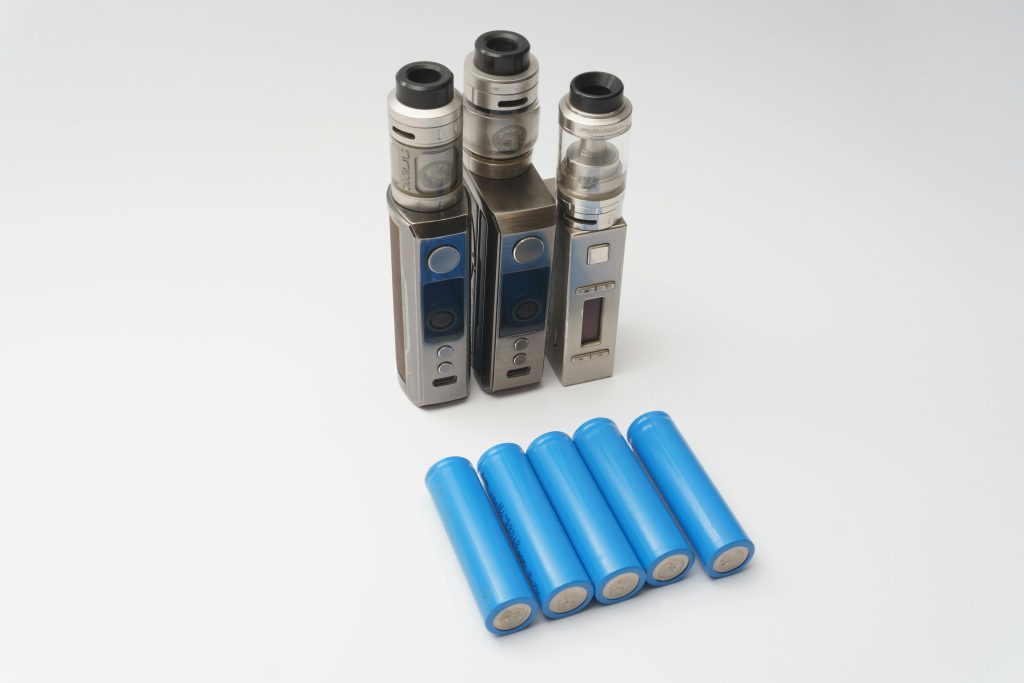Detailed guide explaining how vape devices, e-liquid, and vapor function.
By K Futur UncategorizedConcerns are mounting among public health officials and consumer protection bodies about the increasing availability of nicotine pouches to children, as a regulatory grey area allows shops to legally sell them to anyone — regardless of age. Trading Standards officers have warned that the products “fall between the gap” of current regulations, escaping classification as either a tobacco or a nicotine product.
Nicotine pouches, which are placed between the lip and gum to deliver a hit of nicotine without the need for smoking or vaping, have risen in popularity in recent months — particularly since the UK government’s recent decision to ban disposable vapes. Many retailers have turned to pouches as a stopgap solution, marketing them as smoking cessation aids. However, the lack of legislation around age restrictions has opened the door to widespread youth access.
The Chartered Trading Standards Institute (CTSI) has raised the alarm, calling for urgent legislative action to close this loophole. Kate Pike, CTSI’s lead officer for tobacco and vapes, said: “We are getting increasing reports from concerned parents and teachers that shops are marketing and selling nicotine pouches to children. It is incredibly frustrating that there is nothing we can currently do to prevent them.”
Currently, there is no legal requirement to restrict the sale of these products to over-18s, a situation that experts believe is undermining public health and putting young people at risk of addiction. Unlike cigarettes or nicotine-containing vapes, nicotine pouches are not regulated under existing tobacco or vaping laws, making enforcement nearly impossible.
The anti-smoking charity ASH (Action on Smoking and Health) has echoed CTSI’s concerns. Hazel Cheeseman, ASH’s chief executive, warned: “The government has all the tools needed to address youth appeal and use of nicotine pouches in legislation before parliament. But parliamentary time has not been found to progress this legislation since April.”
She added: “In the meantime, companies, who know their marketing practices will eventually be restricted, are continuing to heavily promote pouches in ways that appeal to children. While they are likely to be much less harmful than smoking, they contain nicotine, which is addictive, and the long-term health impacts are not known.”
Campaigners are urging the government to fast-track regulation that would bring nicotine pouches in line with existing tobacco and vape laws. Suggestions include mandatory age restrictions, clearer labelling, and controls on advertising, particularly where marketing is aimed at young people.
As the use of nicotine pouches grows and their availability becomes more widespread in high street shops, public health officials say time is of the essence. Without immediate action, another generation could find itself addicted to nicotine — just as progress was being made in reducing youth smoking rates.
With Parliament yet to move forward on proposed legislation, many are left asking: how many more children must become hooked on nicotine before decisive action is taken?
Further Reading:
For background on usage, see our Legal, Social and Practical Guide to Nicotine Pouches. To understand the scientific perspective, read Nicotine Pouches and Health: Safety, Side Effects, and What You Should Know. For a regulatory comparison, explore Finland’s New Licensing Rules.
Disposable VapesHealthIndustry Newsnicotine pouchespouchesRegulationssnusUK






